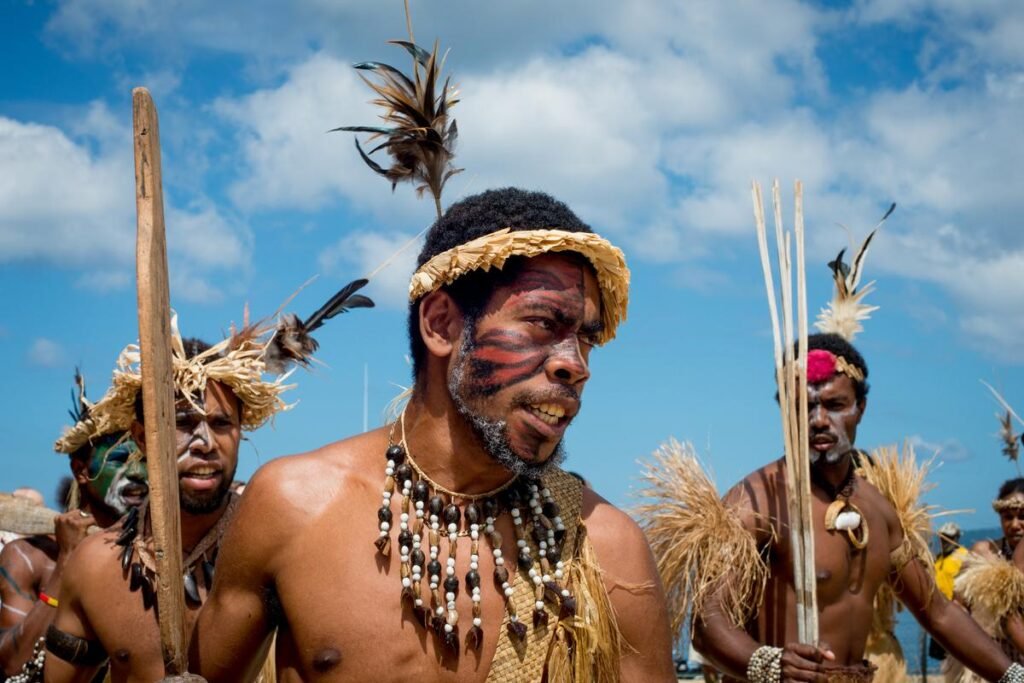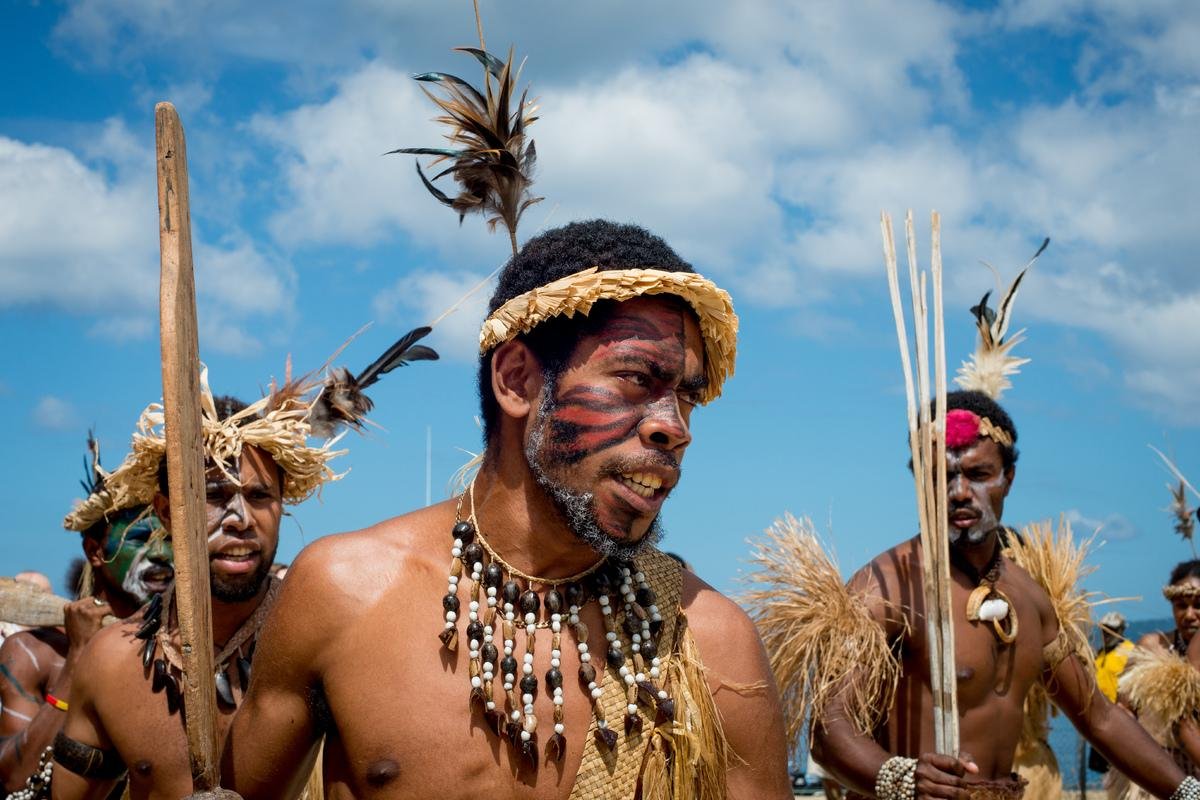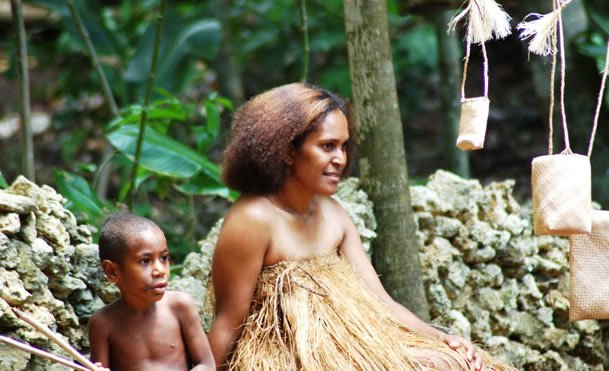Futuna Island Vanuatu

Table of Contents
Futuna Island Vanuatu

Futuna Island, an enchanting jewel nestled within the vast expanse of the South Pacific, beckons travelers with its pristine beaches, captivating culture, and breathtaking natural landscapes. This remote island, a part of the Republic of Vanuatu, offers a unique escape from the hustle and bustle of modern life, promising an unforgettable adventure for those seeking an authentic cultural immersion and the tranquility of untouched paradise. This comprehensive guide will delve into the captivating essence of Futuna Island, highlighting its rich history, vibrant culture, pristine natural beauty, and practical information for planning a memorable trip.

Introduction
Lost amidst the shimmering turquoise waters of the South Pacific, Futuna Island emerges as a hidden gem, waiting to be discovered. A tiny island, part of the Republic of Vanuatu, Futuna is a captivating blend of traditional Melanesian culture and breathtaking natural beauty. Surrounded by lush rainforests, cascading waterfalls, and pristine beaches, Futuna offers a true escape from the everyday, providing a glimpse into a world untouched by mass tourism. Whether you yearn for an adventure amidst nature’s wonders, a cultural immersion into the heart of Melanesian traditions, or simply a tranquil retreat on a pristine paradise, Futuna Island holds the key to an unforgettable journey.
Frequently Asked Questions
- What is the best time to visit Futuna Island? The best time to visit Futuna Island is during the dry season, from April to November, when the weather is generally sunny and warm with minimal rainfall. This period offers ideal conditions for exploring the island’s outdoor attractions and enjoying the beaches.
- How do I get to Futuna Island? The only way to reach Futuna Island is by air. The island has a small airstrip that receives flights from the main island of Vanuatu, Espiritu Santo. Flights are generally infrequent and require advance booking.
- What are the accommodation options on Futuna Island? Accommodation on Futuna Island is limited, but a few options cater to various budgets. You can find basic guesthouses, homestays with local families, or even camping facilities within the island’s pristine natural surroundings.
History
Futuna Island boasts a rich and fascinating history, interwoven with the island’s unique cultural identity and natural environment.
- Early Settlers and Traditional Culture: Futuna was first settled by Polynesian voyagers, who arrived centuries ago. Their arrival marked the beginning of a vibrant culture, steeped in traditional customs, beliefs, and practices. These early settlers established a strong connection to the land and developed a unique language and social structure.
- French Influence: In the 19th century, Futuna Island fell under French influence. French missionaries arrived and introduced Christianity, contributing to the island’s cultural tapestry. While French influence is evident in language and some customs, the island’s core cultural identity remains strongly rooted in its traditional Polynesian heritage.
- Independence and Vanuatu: In 1980, Futuna Island became part of the independent Republic of Vanuatu, a significant milestone in the island’s history. This transition marked a shift towards self-governance and the preservation of its unique culture and heritage.
- Preservation of Cultural Heritage: Despite the influences of other cultures, Futuna Island has successfully preserved its traditional practices, language, and cultural identity. The island’s community actively promotes the continuity of their heritage, showcasing traditional dances, music, and art forms, ensuring that future generations will inherit the island’s cultural richness.
Natural Beauty
Futuna Island is a true paradise for nature lovers, boasting an array of natural wonders that captivate the senses.
- Lush Rainforests: The island is cloaked in verdant rainforests, teeming with diverse flora and fauna. These forests offer a sanctuary for a variety of bird species, including the rare blue-crowned lorikeet, as well as unique plant life, including orchids and ferns.
- Cascading Waterfalls: Numerous cascading waterfalls grace the island’s landscape, inviting visitors to immerse themselves in the tranquility of nature. These waterfalls provide refreshing pools for swimming and offer picturesque views, creating a sense of serenity.
- Pristine Beaches: Futuna Island is blessed with pristine beaches, framed by swaying coconut palms and crystal-clear turquoise waters. These beaches offer a perfect spot for relaxation, sunbathing, swimming, snorkeling, or simply enjoying the tranquil beauty of the surrounding environment.
- Coral Reefs: The waters surrounding Futuna Island are teeming with marine life, showcasing vibrant coral reefs teeming with colorful fish. These reefs provide a haven for snorkeling and scuba diving enthusiasts, offering an underwater world of wonder and beauty.
Culture
Futuna Island’s culture is a rich tapestry woven from traditional Melanesian practices and the influence of French colonialism.
- Traditional Customs: The island’s cultural practices are deeply rooted in ancient traditions passed down through generations. These customs encompass various aspects of life, including ceremonies, rituals, music, dance, and language.
- Community and Family: Futuna Island places a strong emphasis on community and family bonds. The island’s residents prioritize communal living and work together to preserve their cultural heritage.
- Traditional Art and Crafts: The island is renowned for its traditional art and crafts, which reflect the island’s cultural identity. These crafts include intricate woodcarvings, woven mats, and traditional musical instruments.
- Language: The island’s official language is Futuna, a Polynesian language closely related to the language spoken in neighboring islands. However, French is also widely spoken on the island.
Getting Around
- Walking and Hiking: Futuna Island is small enough to be explored on foot or by hiking. The island’s well-maintained paths offer access to its natural wonders, including rainforests, waterfalls, and beaches.
- Local Transport: Limited public transport options are available on Futuna Island. You can hire a local taxi or arrange for transportation with a guesthouse or homestay.
- Bicycle Rental: Bicycle rentals are an alternative means of transport for exploring the island at your own pace. Bicycles are readily available in most villages.
Where to Stay
- Guesthouses: Basic guesthouses offer affordable and comfortable accommodation. These guesthouses often provide simple amenities, but they provide a warm and welcoming atmosphere.
- Homestays: Experience the true essence of Futuna Island by staying with a local family. Homestays provide an authentic cultural immersion, allowing you to learn about the island’s traditions and way of life firsthand.
- Camping: Camping is an option for those seeking a more adventurous experience. Several designated camping spots are available on the island, offering a chance to connect with nature in a pristine setting.
What to Eat
- Traditional Cuisine: Futuna Island’s cuisine is a delicious blend of Melanesian and French influences. Traditional dishes often feature fresh seafood, locally grown vegetables, and tropical fruits.
- Local Specialties: Enjoy local specialties such as “poulet coco,” a chicken dish cooked in coconut milk, or “poisson cru,” a raw fish marinated in coconut milk and lime juice.
- French Influences: You can also find French-inspired dishes, such as baguettes, pastries, and coffee, reflecting the island’s colonial past.
Conclusion
Futuna Island, a captivating blend of pristine natural beauty and vibrant culture, offers a unique escape for travelers seeking an authentic experience. From its lush rainforests and cascading waterfalls to its pristine beaches and welcoming communities, Futuna Island promises an unforgettable journey. With its rich history, traditional customs, and untouched paradise, Futuna Island remains a hidden gem waiting to be explored, a destination that will leave a lasting impression on all who venture to its shores.
